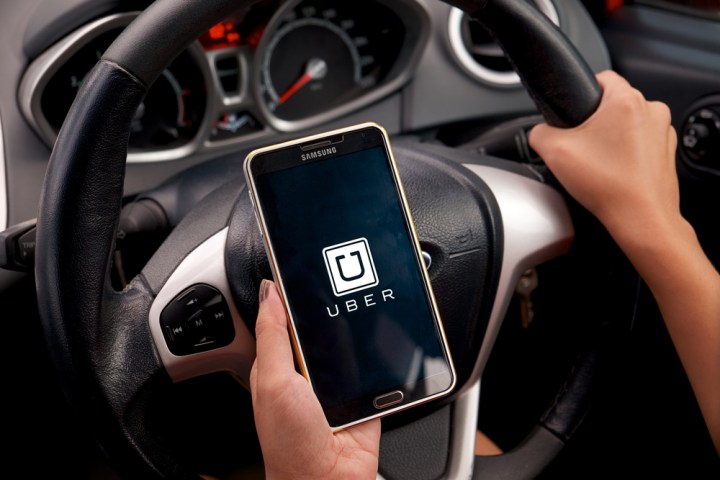Every year, 3.6 million Americans miss doctor appointments because of a lack of reliable transportation, a problem that in part leads to no-show rates of around 30 percent across the country.
If you’re trying to cope with a serious health conditions, the last thing you want is to be stuck at home without a guaranteed way of getting to your local health care facility for an appointment. And, of course, those no-shows cost the medical system serious money.
With issues like this in mind, Uber on Thursday, March 1 announced a new service aimed at helping health care providers to easily organize rides for those who need them most.
In a nutshell, Uber Health is a digital dashboard for health care professionals that allows them to arrange Uber rides for patients traveling to and from the facility for non-urgent visits. Rival ridesharing service Lyft launched a similar service at the end of 2017.
Uber Health’s dashboard offers “simple billing, reporting, and management,” the company said in a blog post, adding that organizations can “easily keep track of what they’re spending on rides.”
Features include flexible ride scheduling for patients, caregivers, and staff, allowing rides to be booked immediately, within a couple of hours, or even up to 30 days in advance, if necessary. This makes it easy to plan a follow-up appointment with the patient while they’re present at the facility, allowing both parties to agree on a mutually convenient time and date.
Importantly, riders won’t need to have the Uber app. This is good news for those people who are unfamiliar with Uber or don’t have a smartphone. At launch, ride notifications will be sent via text message to a mobile phone, though the company says it’s also planning to set up alternative options such as landline calls.
It’s not clear who will pay for the rides, and if it’s the patient, how they’ll be billed. We’ve reached out to Uber for more information on this and will update when we hear back.
Uber hopes its new service can effectively assist medical facilities in their everyday work, particularly when it comes to helping those most in need to make it to appointments. “While transportation barriers are common across the general population, these barriers are greatest for vulnerable populations, including patients with the highest burden of chronic disease,” the company noted. Of course, depending on the patient’s condition, there may times when a more specialized vehicle than an Uber car will be required, and it will be down to the medical facility to make that judgment.
More than 100 healthcare organizations — among them hospitals, clinics, rehab centers, senior care facilities, home care centers, and physical therapy centers — are already conducting trials with Uber Health, and the dashboard is available to all such facilities from this week.
Editors' Recommendations
- Black+Decker Health trackers are the reimagined life alert system for seniors
- Ceramic ink could let doctors 3D print bones directly into a patient’s body
- ‘No mask, no ride’: Uber extends face-covering requirement indefinitely
- Ford is using airbag material to make medical gowns for health care workers
- Google starts showing virtual doctor options in Search and Maps



